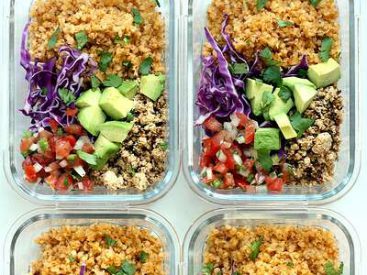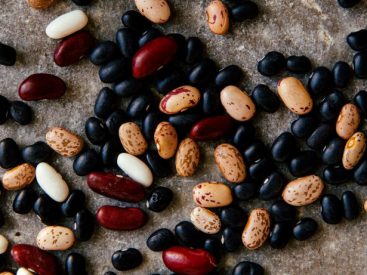Here are 20 books Food Tank is recommending this fall. 1. California Soul: Recipes from a Culinary Journey West by Tanya Holland (forthcoming October 25, 2022) Celebrity chef, restaurateur, and soul food expert Tanya Holland has created and shared over 80 new recipes in her upcoming cookbook, California Soul. […]
Delicious!
Delicious!



